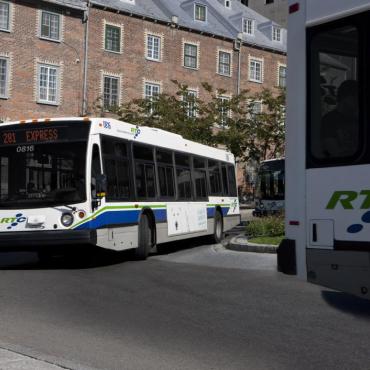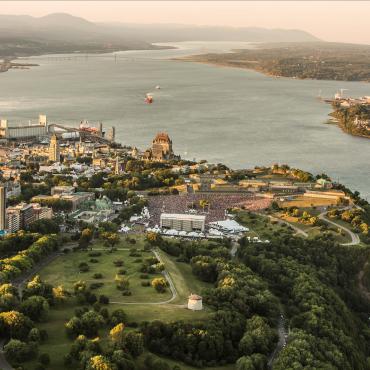8 tips for a successful site inspection

Picture this. You’ve organized, from A to Z, a major corporate event or convention. You’ve put more hours than you can count into making it all happen. You’re on budget. You achieved your attendance target. But how can you mitigate logistical nightmares and ensure a stellar attendee experience?
Corporate planners agree: one of the most important aspects of organizing an event is a site inspection. Site inspections are your insurance policy against many of the problems that can run amok during convention or meeting.
For one, they enable you to weed past the marketing hype and glossy photos of your venue to see what it is really like.
Two, it shows your venue’s representatives how serious you are, inciting them to deliver on what they promise.
Three, by being your own guest during your site inspection, you can better pinpoint what needs to be fine-tuned or completely changed so that your attendees have an amazing, memorable experience.
So what our top tips for a successful site inspection?







